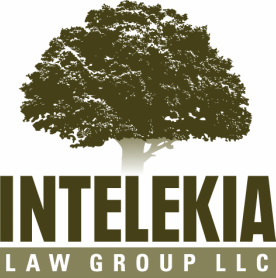In 2016, Oregon became the first state to adopt a version of the Revised Uniform Fiduciary Access to Digital Assets Act (“RUFADAA”), which became effective January 1, 2017. The purpose of this legislation is to make it easier for people to grant designated individuals access to personal online records and accounts after they pass. As we continue to live more and more of our lives in the virtual world of the internet (via Facebook, Twitter, and other social media, email, online banking and investment tools, and cloud storage for our priceless family photos) the need for ready access to these things following the death of a loved one becomes increasingly important.
What are digital assets?
RUFADAA defines a digital asset as “an electronic record in which an individual has a right or interest.” A custodian is one who “carries, maintains, processes, receives or stores a digital asset of a user.” A user is a “person that has an account with a custodian.” And, finally, an account is defined as “an arrangement under a terms-of-service agreement” with a custodian.
Stated simply, your digital assets are all of the electronic records of all of your online accounts.
Before RUFADAA
Prior to RUFADAA, personal representatives (“PR”s, also called executors) often struggled to gain access to a decedent’s virtual life. Some custodians would withhold access unless faced with a court order. This stonewalling served only to add to the expense and delay of the probate process, factors already commonly complained of by probate avoidance advocates. RUFADAA was implemented specifically to address these obstacles often faced by PR’s.
How RUFADAA changes things
Now, users in Oregon and in other states that have adopted RUFADAA can designate a person to have access to their digital assets when they die by:
- Using an online tool provided by the custodian. Facebook, for example, now allows users to designate a person it refers to as a “legacy contact.”
- Including the designation in the user’s estate planning documents (such as a will, trust, or power of attorney – keeping in mind that a power of attorney expires with its grantor’s death).
Designating a contact directly with the custodian under number 1 above supersedes the more general grant in estate planning documents under number 2. And, both supersede the custodian’s ordinary terms of service regarding disclosure of your digital assets.
A reality of our world is that more and more of our lives are stored – and to some extent lived – online. Unaccessible digital assets can cause extreme stress and frustration for family and friends after a loved one passes away. So, be sure to speak with your estate planning attorney about planning for smooth access to your digital assets.
For informational purposes only and not to be relied upon as legal advice or for the formation of an attorney-client relationship.
- Brook D. Wood
